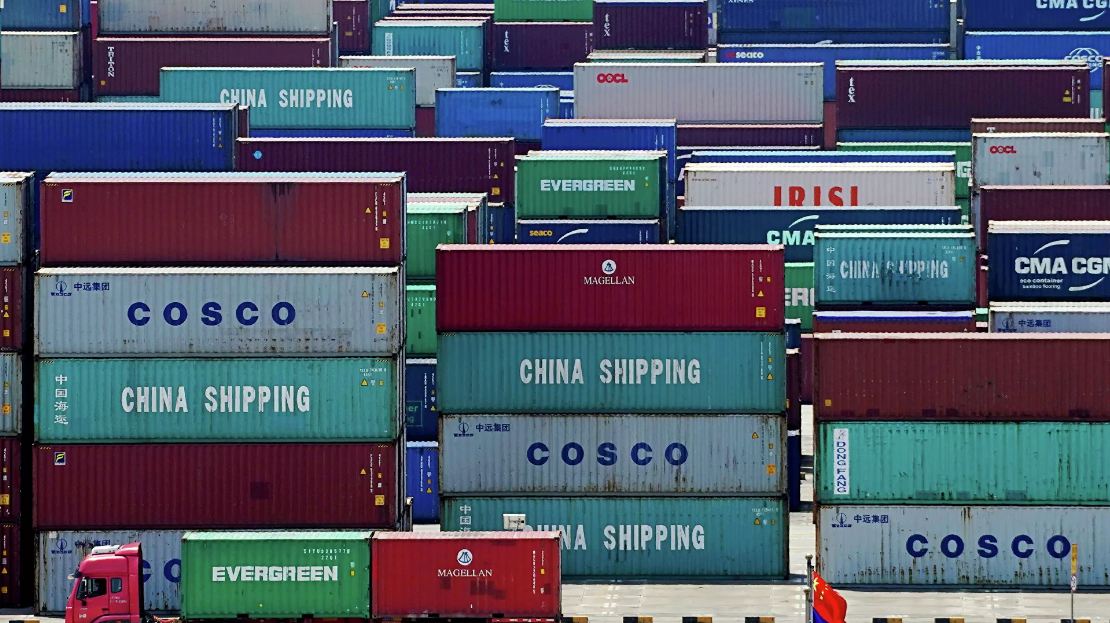Placing missile systems in containers is not a novel military concept, as a number of countries have been engaging in the practice for years now. Such systems allow for prompt and covert delivery, as they can be installed on a ship or coastal location. This enables a country to rapidly increase its military build-up wherever necessary.
China continues to secretly develop container missile systems, which can be disguised as commercial cargo that could easily gain access to almost any international port, said Rick Fisher, senior fellow in Asian military affairs at the International Assessment and Strategy Center, in an interview with The Sun on Monday.
The missiles, delivered on the principle of the Trojan Horse, may be deployed on any vessel, turning China’s numerous private ships into a military fleet. Fisher suggested that “Chinese strategic preferences for surprise would strongly argue for the acquisition” of such missiles.
According to him, they can be installed on “nondescript small Chinese ships in order to mount surprise missile raids against shore defences to assist amphibious or airborne invasion forces.”
The containers could be stored for ages in warehouses near US military bases and “offer China's leadership a wide array of options.” According to the analyst, the missiles’ electromagnetic pulse warheads would be able to disable any nearby nuclear ballistic missile submarine base.
"The EMP blast might take out electronics on the [submarines] and all over the base without having to launch a nuclear missile from China,” he said. “Washington would be in chaos, would not know against whom to retaliate, and perhaps China uses American distraction to begin its real objective, the military conquest of Taiwan."
Container Missile Deployments
New technologies in electronics, small-sized engines, rocket fuel, and explosives have facilitated the development of small-sized cruise missiles, which first were placed in naval containers a decade ago by a number of countries, including Russia, the US and the UK.
Aerial photo taken on July 12, 2017 shows the container pier of Zhoushan Port in Ningbo City, east China's Zhejiang Province. In the first half of 2017, Zhoushan Port handled 515 million tonnes cargoes, up 11.3 percent year-on-year, and 12.39 million TEU (twenty-foot equivalent unit) containers, up 14.6 percent year-on-year.
In 2016, China was said to have created its first missile complex that could be disguised as an ordinary cargo container. In 2019, Beijing reportedly managed to put long-range cruise missiles into a container, which could masquerade as commercial cargo. These systems were said to be particularly dangerous, as they can arrive at a port on a trading vessel ship while being indistinguishable from other cargo.
A recent report from Stockton Center claimed that missiles disguised as commercial cargo may actually violate the international law of armed conflict, as it “endangers civilian seafarers and puts all civilian ships at risk that may be operating in the area of hostilities.”
China’s naval bases
Fisher’s comments came amid reports that China is determined to strengthen its position in the Atlantic and the African continent, having previously built an overseas base in Djibouti. According to The Wall Street Journal, American intelligence services are concerned with China’s intention to build its first naval base on the Atlantic coast of Africa, in the city of Bata, Eguatorial Guinea, where the country already holds a commercial port. This base would reportedly enable Beijing to replenish stocks in the country.
Source: Sputnik



























